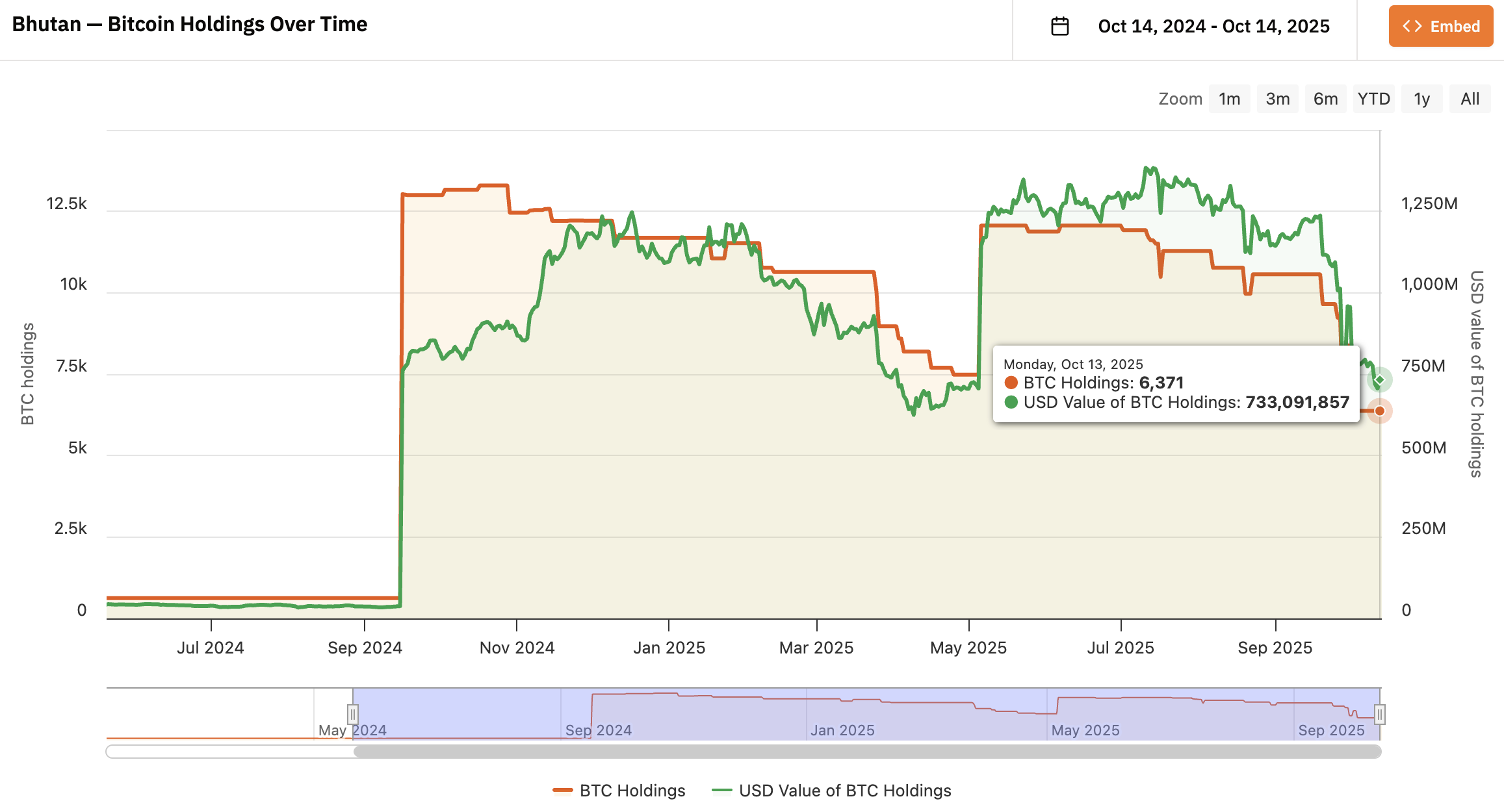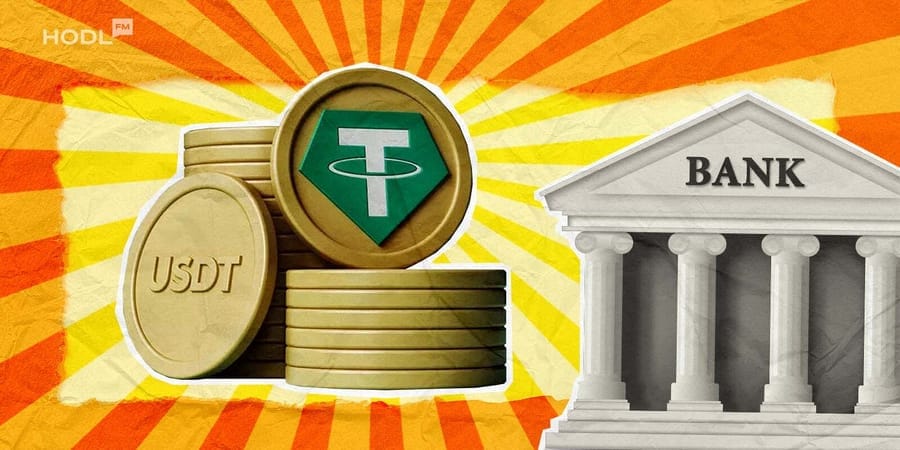The Kingdom of Bhutan has officially migrated its National Digital Identity (NDI) platform to the Ethereum blockchain, becoming the world’s first nation to anchor a population‑wide digital ID system on a public network.
The milestone was celebrated in a launch ceremony in Thimphu attended by His Royal Highness Crown Prince Jigme Namgyel Wangchuck, Prime Minister Lyonchen Tshering Tobgay, Ethereum co‑founder Vitalik Buterin, and Ethereum Foundation President Aya Miyaguchi. Crown Prince Wangchuck was ceremonially registered as Bhutan’s first “digital citizen,” marking the beginning of a new era in decentralized governance.
1/ Today, Bhutan celebrates a historic milestone, becoming the first nation to anchor its national digital identity system on Ethereum. 🇧🇹@VitalikButerin and I were honored to join the launch ceremony on behalf of the Ethereum community, graced by His Royal Highness. pic.twitter.com/KA4tOYbsJ4
— Aya Miyaguchi (@AyaMiyagotchi) October 13, 2025
Population‑wide self‑sovereign identity
Bhutan’s National Digital Identity program, created under the National Digital Identity Act of 2023, enables nearly 800,000 citizens to manage and verify credentials through self‑sovereign identity (SSI) tools. Using zero‑knowledge proofs (ZKPs), individuals can confirm eligibility for government or financial services without revealing sensitive information such as age or address, balancing privacy with authentication.
GovTech Secretary Jigme Tenzing explained that the NDI architecture uses cryptographic hashes and verifiable credentials anchored on Ethereum while keeping personal data off‑chain.
The technical integration is already complete, and the government expects to finish migrating all credentials to Ethereum by Q1 2026, according to Aya Miyaguchi.
Hyperledger, Polygon - now Ethereum
Bhutan’s digital identity journey began with a pilot on Hyperledger Indy, moved to Polygon in 2024 for improved privacy and scalability using the CREDEBL protocol, and has now evolved onto the open Ethereum network.
The choice of Ethereum reflects its strong immutability, interoperability, and developer ecosystem, qualities the government cites as critical for national‑scale public infrastructure.
“This milestone marks a global step toward an open and secure digital future,” said Miyaguchi on his X post, linking the achievement to Ethereum’s tenth anniversary and its mission of open innovation.
Digital Drukyul and the vision of sovereignty
The migration advances Bhutan’s Digital Drukyul strategy, a national roadmap to create inclusive, citizen‑controlled digital systems. Prime Minister Tshering Tobgay said the program supports His Majesty the King’s vision of a secure and interoperable digital society.
This Ethereum‑based framework is expected to serve as the groundwork for future innovations, including secure voting, cross‑border credential verification, and digital healthcare access.
Expanding blockchain governance
Beyond identity, Bhutan continues to integrate blockchain into economic and administrative development. The country hosts dApp hackathons in partnership with the Ethereum Foundation to explore on‑chain utilities such as land‑record verification, citizen‑feedback systems, and product provenance tracking.
Bhutan’s GovTech team is also collaborating with decentralized identity protocol iDen2 to build Phenix, a modular identity solution inspired by Bhutan’s deployment, enabling other nations to replicate its model.
The nation’s financial strategy reflects the same forward‑looking outlook: according to Bitcoin Treasuries data, Bhutan holds approximately 6371 BTC, the world’s fifth‑largest sovereign Bitcoin reserve, mined partly through the country’s hydro‑powered energy resources.

Model for decentralized public infrastructure
While other countries, including Brazil and Vietnam, are running limited self‑sovereign identity pilots, Bhutan’s full‑scale rollout demonstrates how a sovereign state can harness an open blockchain without compromising privacy or legal oversight.
Vitalik Buterin praised the initiative as proof that “decentralized digital identity is a fundamental building block for the future of the internet,” highlighting Bhutan’s commitment to responsible blockchain innovation.
Bhutan stands as the first nation to operationalize a public‑blockchain‑based national identity system, offering a blueprint for digital governance built on transparency, security, and empowerment.

Disclaimer: All materials on this site are for informational purposes only. None of the material should be interpreted as investment advice. Please note that despite the nature of much of the material created and hosted on this website, HODL FM is not a financial reference resource, and the opinions of authors and other contributors are their own and should not be taken as financial advice. If you require advice. HODL FM strongly recommends contacting a qualified industry professional.





